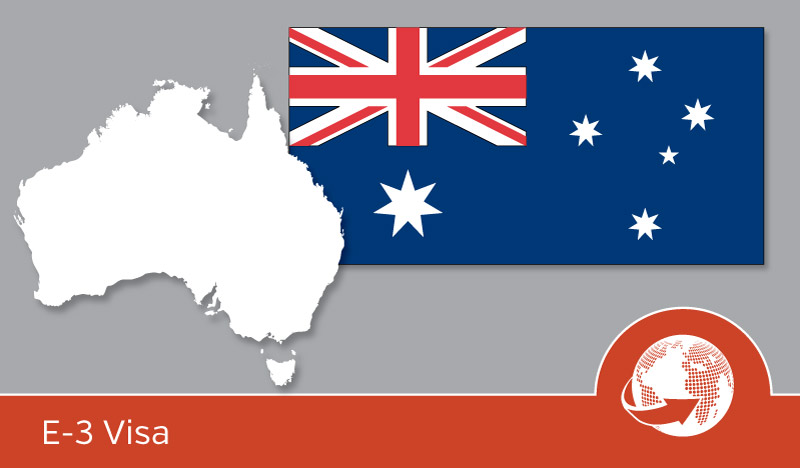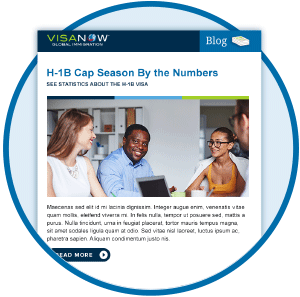H-1B Alternatives
With the demand for the H-1B visa far exceeding the cap, it is important to know the H-1B alternatives available to HR professionals and employees.
According to the USCIS, there were 172,500 applications filed between April 1, 2014 and when the cap closed on April 7. The cap is set at 65,000, with another 20,000 available to individuals with advanced degrees. Which means roughly 50% of H-1B petitions will be not be accepted.
One alternative to the H-1B visa is the E-3 visa.
The E-3 Visa
The E-3 visa is a work-based visa option exclusively available to the citizens of Australia.
You will also need to either have a U.S. Bachelor’s degree or the foreign equivalent to be eligible for the E-3 visa. The open position you are looking to fill must be a “specialty occupation” that requires specialized knowledge obtained through a bachelor’s degree.
When applying for the E-3 visa you can bypass the USCIS and apply directly at the U.S. consulate abroad. Applying at the U.S. consulate can shorten the wait for your approval notice. Typically, the E-3 visas are issued for two years at a time. However, there are unlimited extensions available for this visa. To get an extension you will need to file Form I-129 with the USCIS or attend a new visa stamping appointment at a U.S. consulate abroad.
Unlike many work-based visas the spouse of an E-3 is eligible for work in the United States. To obtain authorization the spouse will need to file Form I-765 with the USCIS.
A couple of things to keep when considering the E-3 visa as one of your H-1B alternatives.
One, the E-3 visa is not duel-intent like the H-1B visa. So, if you are looking to pursue permanent residence in the U.S. you will have to transition to an H-1B visa.
Two, E-3 holders cannot take advantage of the H-1B portability rules, which can make changing employers more challenging.
If you didn’t make the cap and are an Australian you may want to consider the E-3 visa as one of your H-1B alternatives.








